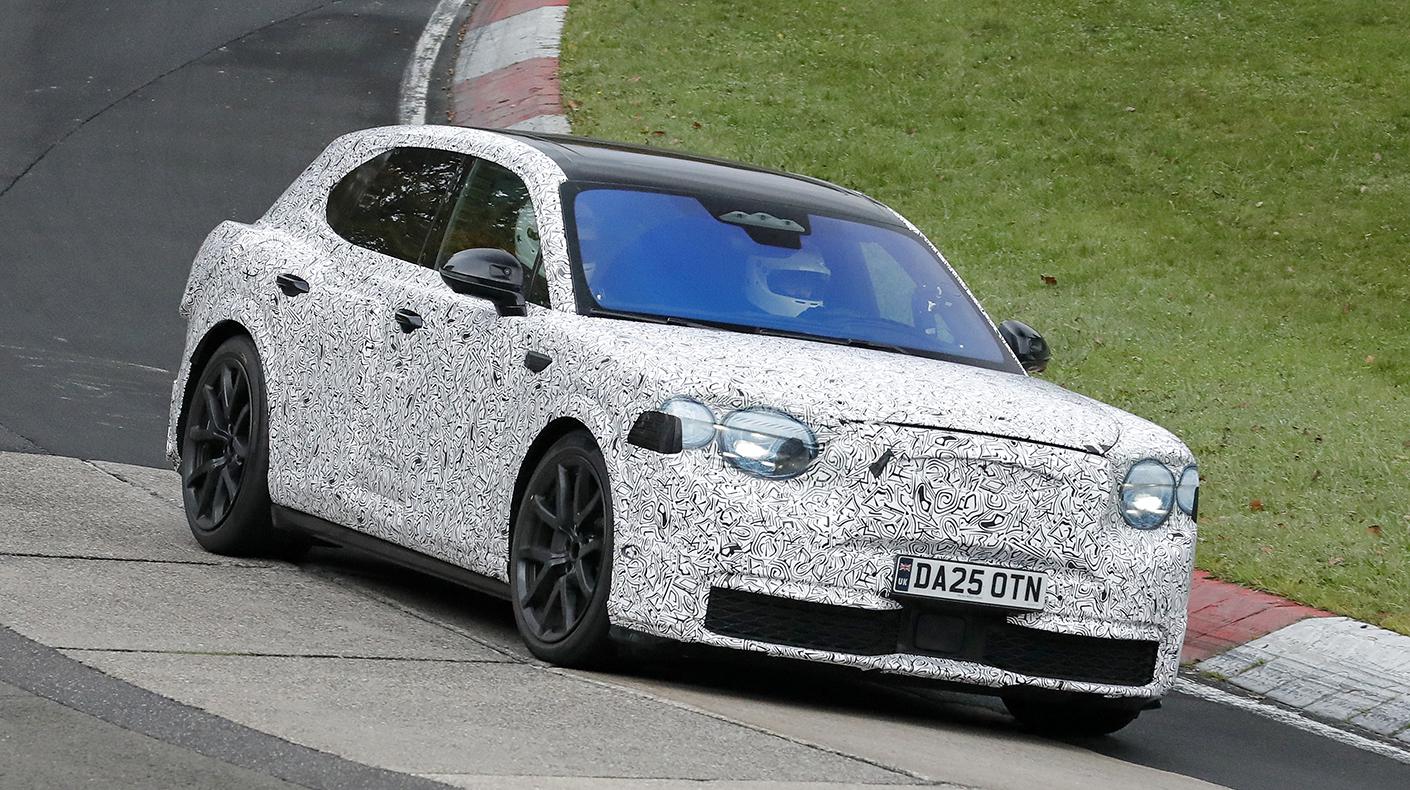By SEMA Editors
 SEMA Cares Chair Melanie White recently visited the Austin Hatcher Foundation in Chattanooga, Tennessee, to see first-hand their innovative cognitive program and evaluate the use of driving simulators for physical therapy. |
The Austin Hatcher Foundation for Pediatric Cancer—a SEMA Cares charity—has launched an innovative program and study using driving simulators. The program allows pediatric cancer patients and their siblings to participate in fun, therapeutic activities while providing valuable information about children’s cognitive control skills. Driving simulators have been used around the world to improve the cognitive and executive function of intact and injured brains.
Some childhood cancer survivors develop learning problems, called cognitive impairments, as a result of the disease or cancer treatment. These problems affect cognitive control skills, such as focus, memory and hand-eye coordination.
“Cancer treatment is especially aggressive for young children, and we’re grateful that the survival rate has increased to 80%,” said Dr. April Nesin, clinical psychologist and project lead for the study. “However, because treatment occurs while children are still growing, some side effects may not show up until years later. In order to improve these learning problems, we’ll have participants complete rounds on the driving simulator that are intended to require action, multi-tasking and concentration.”
The driving simulator provides a real-world setting with full motion and sound, making it feel nearly identical to actually driving a car. Participants acquire and practice driving skills, then apply those skills in a racing video game format. “I’m very positive about the outcome of the study,” said Jonathan Myren, Austin Hatcher Foundation’s industrial arts director. “The kids love being on it because it’s fun, and they’re also experiencing a benefit to their memory, because there’s a lot of things you have to recall during the races. The goal is for them to learn from past mistakes and then try to improve, even as the levels become more challenging.”
SEMA Cares Chair Melanie White recently visited the Austin Hatcher Foundation in Chattanooga, Tennessee, to see first-hand their innovative cognitive program and evaluate the use of driving simulators for physical therapy.
“They [the Foundation] purchased the driving simulator to help kids in the recovery process gain better motor control and hand-eye coordination,” White said. It was such a cool experience to see how our industry can help in healing. Plus, it’s a really fun way to work on healing therapy without it feeling like a chore.”
While entertaining, the study places a high demand on cognitive control skills, which provide an opportunity for childhood cancer patients to potentially improve more quickly, since they are naturally developing at a slower rate due to cancer treatment.
Research has shown that video games that involve action, multitasking and attention have been shown to improve reading and attention skills, working memory and brain processing.
“Through this program, we are able to apply a unique and fun therapy that has proven results in intact and injured brains. We feel this is a key part of the Austin Hatcher Foundation’s mission to erase the effects of childhood cancer and improve each child’s quality of life.” said Dr. Jim Osborn, medical director at the Austin Hatcher Foundation.
SEMA Cares provides a forum from which association members can act as a collective influence toward making a positive impact beyond the automotive community. The organization significantly improves the lives of many who need it by supporting the Austin Hatcher Foundation for Pediatric Cancer, Childhelp and Victory Junction.
The Austin Hatcher Foundation for Pediatric Cancer’s mission is to erase the effects of pediatric cancer and optimize each child’s quality of life through essential specialized intervention beginning at the time of diagnosis and continuing throughout survivorship. The Foundation provides services to children with cancer as well as their families through its four major divisions; Industrial Arts Therapy, Diversionary Therapy, Psycho-Oncology and Healthy Lifestyle Education.





